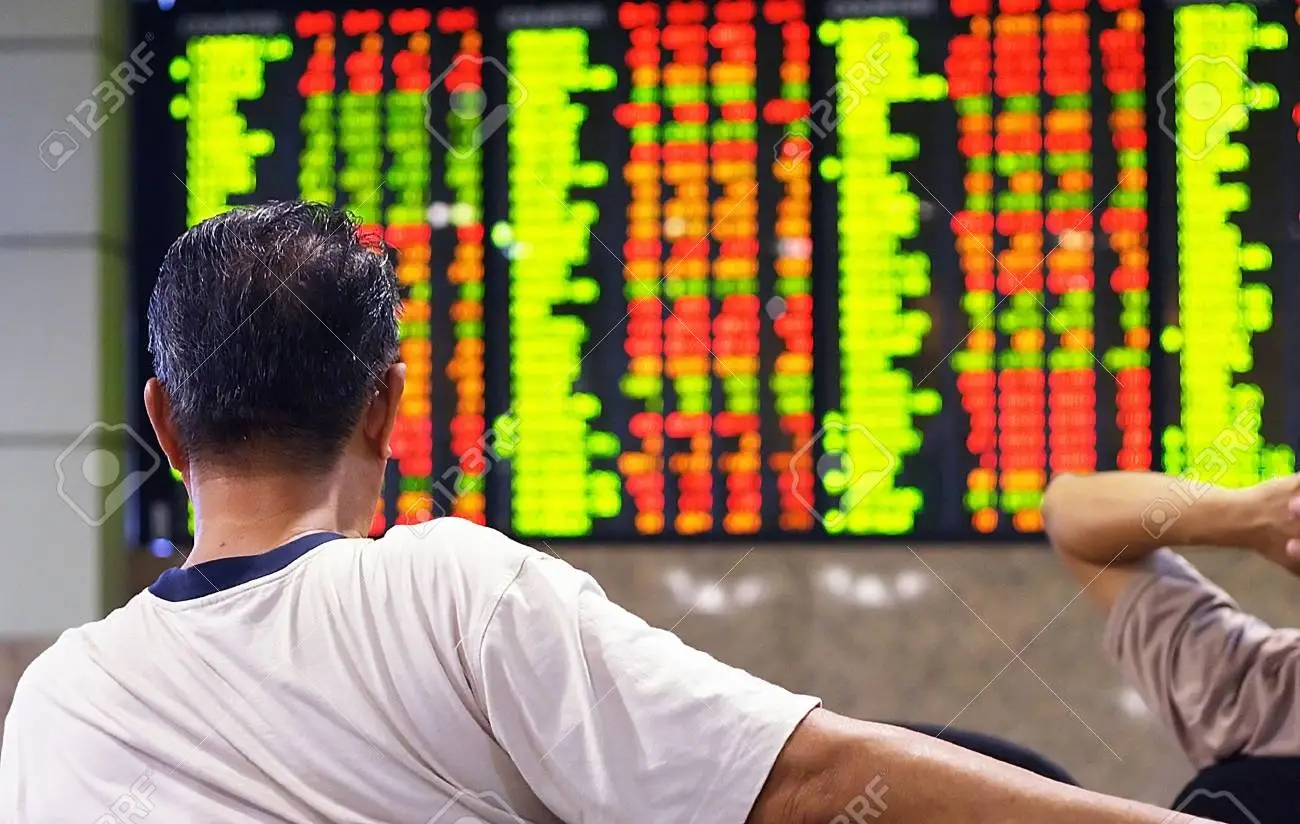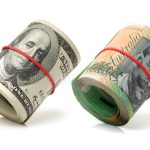Asian stocks are rising, led by Japan’s Nikkei. China caps gains. The majority of indexes increased on Friday, and confidence predicted a healthy week.
Asian Stock markets led by Nikkei
Optimism about increasing the U.S. debt ceiling helped most Asian stock markets rise on Friday. While worries over China’s economic rebound slowing down and a hardline Federal Reserve restrained gains.
For a 5th successive day, the Nikkei 225 index of Japan outperformed its rivals. Surging 1% to reach its greatest level since the “bubble era” of the 1990s. The wider TOPIX increased by 0.5% and reached higher levels.
Solid corporate results, the durability of the Japanese economy. – And speculations that the BoJ would retain its monetary policy, all contributed to the surge.
Majority Asian markets climb following the Wall Street gains
Due to this, traders on Friday mostly ignored data showing an increase in Japanese consumer inflation in April. rebounding to 40-year peaks and perhaps indicating more pressure on the Japanese economy.
Further On Friday, Asian markets rose in line with advances on Wall Street. Amidst, increased hope that decision-makers were nearing an agreement to lift the US debt ceiling and prevent a default.
KOSPI for South Korea increased 0.8%. Taiwan Weighted index increased 0.4%, though. In keeping with rising expectations that the Reserve Bank would keep interest rates unchanged in June. Australia’s ASX 200 index increased 0.7 percent as well.
China Growth add Concerns
However, worries over China’s sluggish post-COVID economic recovery prevented further advances. a series of readings this week,Which were lower than anticipated. April readings are sluggish. Despite a great start to the year, this data points to a challenging Q2for the Chinese economy.
After behind their rivals all week, China’s Shanghai Shenzhen CSI 300 and Shanghai Composite indices remained unchanged. While the Hang Seng in Hong Kong fell one percent.
Losses at the world’s largest e-commerce company, Alibaba (NYSE:BABA) Group, which fell 5.3% after its Q1 sales fell short of forecasts. Also put pressure on the Hang Seng. With the maturation of China’s digital marketplaces plus the group’s increasing rivalry from other competitors, demand is slowing down in the nation.
Markets were also alarmed by hawkish signals from U.S. Fed authorities. Who cautioned that persistent inflation might lead to further rate increases by keeping rates elevated for extended period.
They issued these cautions in advance of a panel meeting with Chair Jerome Powell scheduled for later on the day, and is expected to offer more monetary policy hints.









